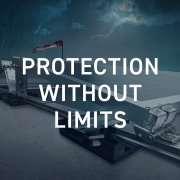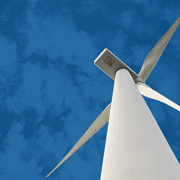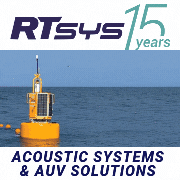The European Commission recently launched its first call for proposals for the world’s largest programme of investment in low carbon and renewable energy demonstration projects. But what does all this mean for the future of wind?
The so-called NER300 initiative will provide around €4.5bn in financial support for at least eight projects involving carbon capture and storage technologies and at least 34 projects involving innovative renewable energy technologies. The aim is to drive low carbon economic development throughout the continent, creating new ‘green’ jobs and contributing to the achievement of the EU’s ambitious climate change goals. The European Investment Bank (EIB) is collaborating with the Commission in the implementation of the programme.
Companies interested in making proposals have three months to submit bids at national level.
The move is a clear bid to ensure a competitive advantage over the US and China on renewables and carbon capture and storage. Around 4.5bn is to be raised for the ambitious project by selling 300 million carbon permits from the ‘New Entrant Reserve’ of the EU’s emissions trading scheme (EU ETS) for greenhouse gases. In total, the funding could actually reach €9bn when more money is injected by Member States and participating energy companies, the commission estimates. Each Member State should, theoretically at least, get at least one and a maximum of three projects. The first call for proposals covers 200 million allowances and a second round will be arranged later to allocate the remaining money.
The commission is expecting to take decisions on which projects to award in the second half of 2012.
Eligible projects will cover renewable technologies like solar power, offshore wind and various ocean energy technologies, which are not yet commercially viable but regarded as key ingredients of a future low-carbon economy. The CCS projects will test CO2 capture in different industrial applications and storage into various geological formations. Launching the programme, EU Climate Action Commissioner Connie Hedegaard warned that the EU’s leadership in low-carbon technologies was already being challenged by China, India, Brazil and others.





















